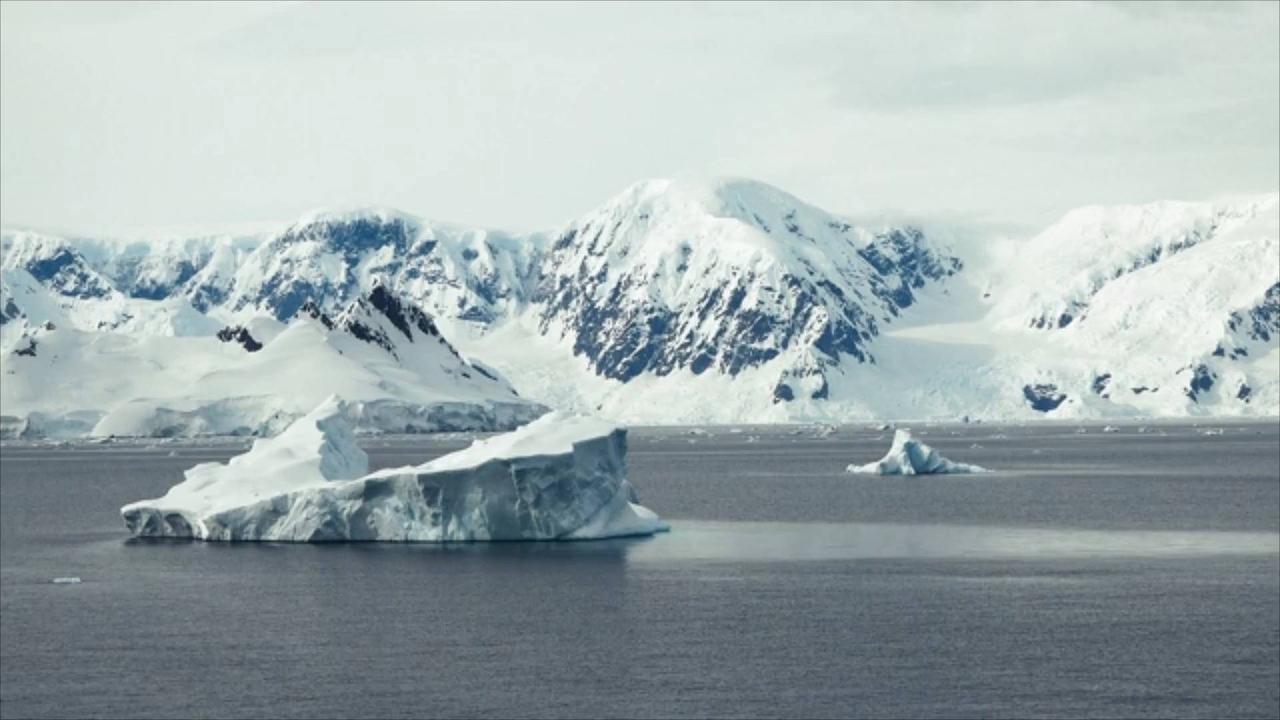
Antarctic 'Meltwater' Will, Exacerbate Sea-Level Rise, Scientists Warn.
According to a new study, water flowing from underneath Antarctic glaciers could be accelerating ice loss at a faster rate than previously estimated.
'The Independent' reports that so-called "meltwater" and its impact on how rapidly Antarctic glaciers melt have yet to be taken into account.
The Scripps Institution of Oceanography study warns that glacial melt threatens to increase sea-level rise by 15% by the year 2300.
Knowing when and how much global sea level will rise is critical to the welfare of coastal communities, Tyler Pelle, study lead author and a postdoctoral researcher at Scripps, via 'The Independent' .
Millions of people live in low-lying coastal zones and we can’t adequately prepare our communities without accurate sea-level rise projections, Tyler Pelle, study lead author and a postdoctoral researcher at Scripps, via 'The Independent' .
'The Independent' reports that the team's findings were published in the journal 'Science Advances.'
.
'The Independent' reports that the team's findings were published in the journal 'Science Advances.'
.
The work focused on two East Antarctic glaciers, , Denman and Scott.
.
The work focused on two East Antarctic glaciers, , Denman and Scott.
.
I think this paper is a wake up call for the modeling community.
It shows you can’t accurately model these systems without taking this process into account, Jamin Greenbaum, co-author of the study and a researcher at Scripps’ Institute of Geophysics and Planetary Physics, via 'The Independent' .
Jamin Greenbaum, co-author of the study and a researcher at Scripps’ Institute of Geophysics and Planetary Physics, warns that humanity is ultimately responsible.
.
If there is a doomsday story here it isn’t subglacial discharge.
The real doomsday story is still emissions and humanity is still the one with its finger on the button, Jamin Greenbaum, co-author of the study and a researcher at Scripps’ Institute of Geophysics and Planetary Physics, via 'The Independent'
